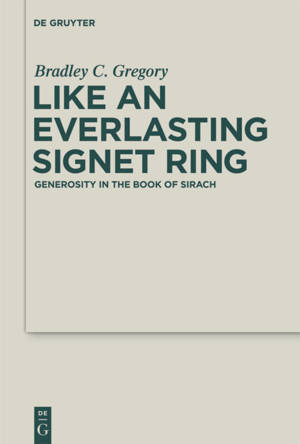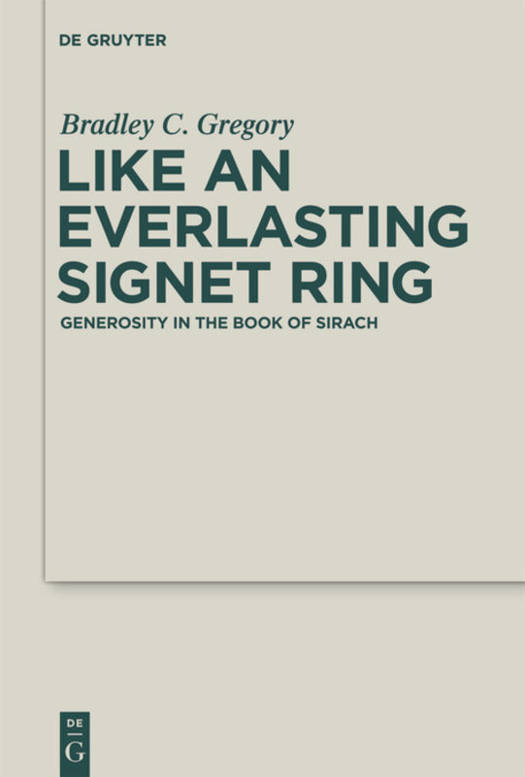
- Afhalen na 1 uur in een winkel met voorraad
- In januari gratis thuislevering in België
- Ruim aanbod met 7 miljoen producten
- Afhalen na 1 uur in een winkel met voorraad
- In januari gratis thuislevering in België
- Ruim aanbod met 7 miljoen producten
Omschrijving
This work explores the theological and social dimensions of generosity in the book of Sirach and contextualizes them within the culture and thought of Second Temple Judaism. Ben Sira's understanding of generosity is predicated on the tension between affirming the classic wisdom principle of retributive justice and recognizing its breakdown in the socio-economic circumstances of Seleucid Judea. He forges a new Wisdom-Torah ethic of mercy in which giving generously is an integral part of living "the good life".
While loans and surety are essential practices, almsgiving is the preeminent act of generosity. The fundamental theological logic at work consists in viewing the poor as proxies for God and is based on the economic structure of Proverbs 19:17. Giving to the poor is, in reality, a deposit in a heavenly treasury and will pay future dividends. By situating Ben Sira's view of almsgiving within the wider framework of retributive justice and its breakdown, new light is shed on the practical tensions regarding the extent of almsgiving and its relationship to the support of the Jerusalem priesthood.
The various dynamics of Ben Sira's thought on generosity are situated within the broader Hellenistic world and in their foundational role for later Jewish and Christian thought.
Specificaties
Betrokkenen
- Auteur(s):
- Uitgeverij:
Inhoud
- Aantal bladzijden:
- 395
- Taal:
- Engels
- Reeks:
- Reeksnummer:
- nr. 2
Eigenschappen
- Productcode (EAN):
- 9783110223668
- Verschijningsdatum:
- 17/02/2010
- Uitvoering:
- Hardcover
- Formaat:
- Genaaid
- Afmetingen:
- 156 mm x 234 mm
- Gewicht:
- 730 g

Alleen bij Standaard Boekhandel
Beoordelingen
We publiceren alleen reviews die voldoen aan de voorwaarden voor reviews. Bekijk onze voorwaarden voor reviews.









